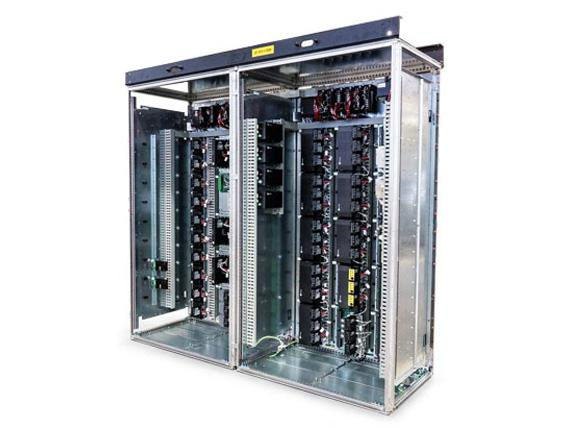Exploring GE Fanuc Mark VIe: Key Control and Interface Modules

The GE Fanuc Mark VIe control system is an advanced platform for managing and monitoring industrial automation systems, especially in power generation and heavy-duty industrial environments. Known for its reliability, adaptability, and precise control, the Mark VIe system is widely applied in gas turbines, hydro turbines, and other complex machinery that requires detailed management. The Mark VIe system includes a suite of modules, boards, and control cards, each of which contributes to system functionality, reliability, and operational safety.
GE Fanuc's range of industrial automation products includes various control modules, interface boards, terminal boards, and circuit boards designed for demanding environments and critical control applications. These products are widely used in industries such as gas turbines, power generation, and other heavy machinery automation, enhancing reliability, precision, and control capabilities. This lineup includes the IS200AEPGG1AAA Drive Control Module, IS200TBAIH1CCC Analog Input Terminal Board, IS200WETAH1AEC Board, among others. Each product offers specific functionalities suited to complex industrial systems, with robust designs to handle high-performance demands in automation processes.
Below is a table summarizing each module, along with links for further details.
|
Model |
Description |
Link |
|
IS200AEPGG1AAA |
Drive Control Module |
|
|
0520-01540D-1 |
PC Board |
|
|
DS200ADGIH1AAA |
Auxiliary Interface Board |
|
|
IS200TBAIH1CCC |
Analog Input Terminal Board |
|
|
IS210BPPCH1AC |
I/O Pack Processor Board |
|
|
IS200WETAH1AEC |
Board |
|
|
IS200AEPAH1ACB |
PCB Circuit Board |
|
|
IS200AEPAH1AFD |
Printed Circuit Board |
|
|
IS200AEPAH1AHD |
PLC Module |
|
|
IS200WETBH1BAA |
Gas Turbine Control Card |
|
|
IS200WETBH1ABA |
Printed Circuit Board |

























